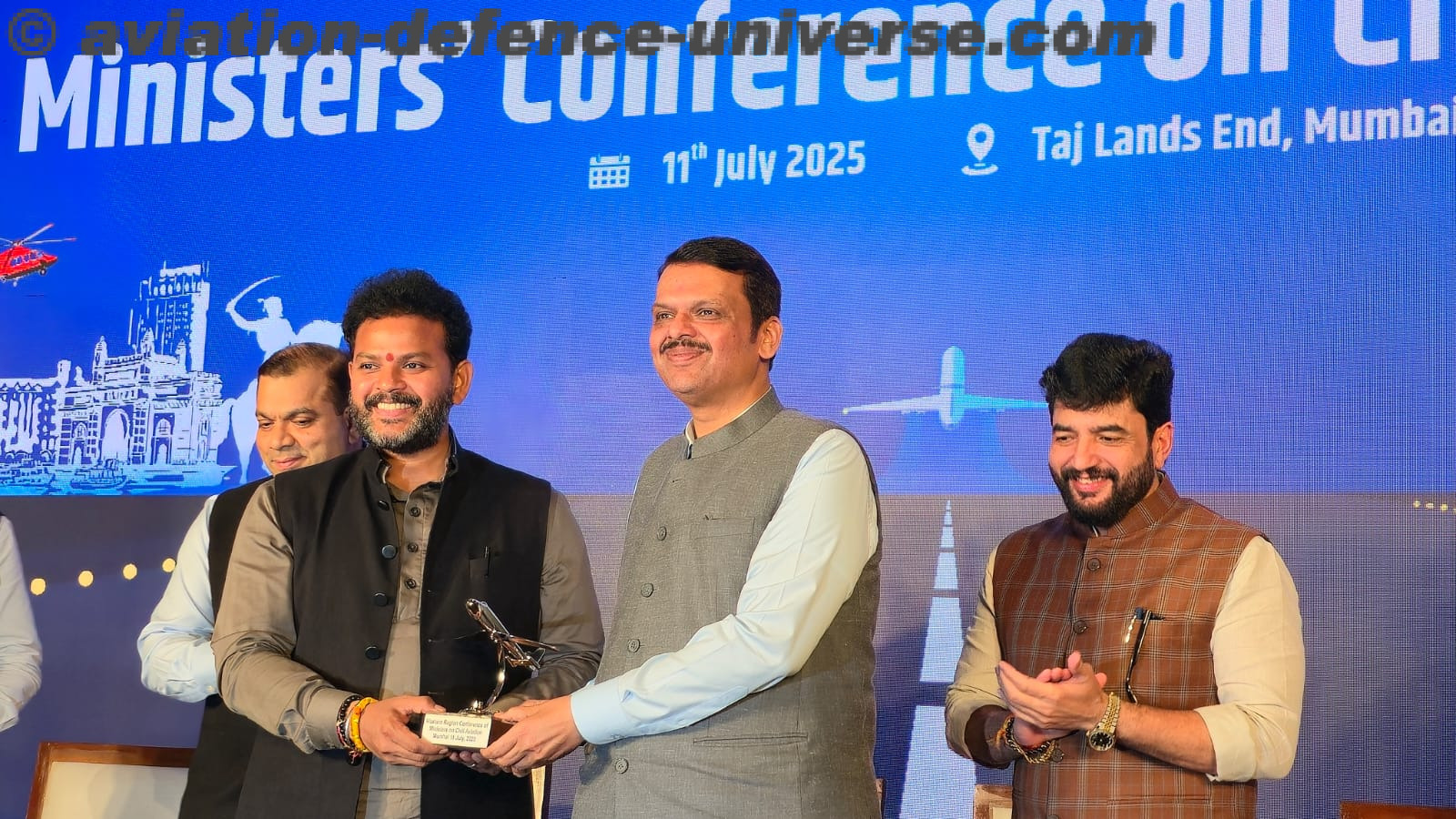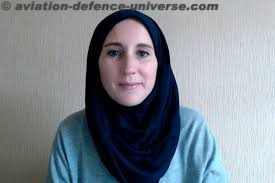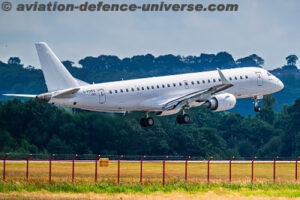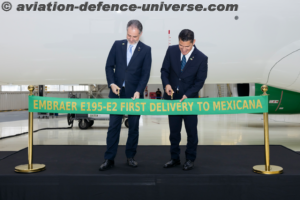
- Demand for nearly 3,000 commercial jets valued at $765 billion over next 20 years
- Widebodies account for 43% of Middle East demand, highest proportion of any region
- Aftermarket commercial services such as maintenance and repair worth $275 billion
Dubai, United Arab Emirates. 19 September 2022 . With air travel and tourism continuing to drive Middle Eastern economic growth, Boeing [NYSE:BA] said today that the region’s passenger traffic and commercial fleet are projected to more than double over the next two decades. The company announced its estimate in the 2022 Boeing Commercial Market Outlook (CMO), a forecast of 20-year demand.
Middle Eastern carriers have successfully managed through challenges brought on by the pandemic by adjusting their business models and increasing usage of freighters to maximize revenue. Looking ahead, the region’s fleet is forecasted to expand to 3,400 airplanes to serve fast-growing passenger traffic as well as cargo demand, Boeing said.
“The Middle East region, a popular connection point for international travelers and trade, is also growing as a starting point and destination for business and leisure passengers,” said Randy Heisey, Boeing managing director of Commercial Marketing for the Middle East and Africa, and Russia and Central Asia Regions. “The region will continue to require a versatile fleet that meets the demands of airline and air-cargo business models.”
Middle East airlines will require 2,980 new airplanes valued at $765 billion to serve passengers and trade. More than two-thirds of these deliveries will enable growth, while one-third will replace older airplanes with more fuel-efficient models such as the Boeing 737 MAX, 787 Dreamliner and 777X.
Notably, air cargo traffic flown by Middle East carriers has continued its substantial growth of recent years; two of the world’s top five cargo carriers by tonnage are based in the region. To serve future demand, the Middle East freighter fleet is projected to reach 170 by 2041, more than doubling the pre-pandemic fleet.
The 2022 Middle East CMO also includes these projections through 2041:
- Passenger traffic is expected to grow at 4% annually.
- Passenger widebody aircraft demand continues to be robust, with 1,290 deliveries supporting a growing network of international routes.
- The Middle East single-aisle market will more than double, reaching 1,650 jets to serve regional and international destinations.
- Demand for aftermarket commercial services including maintenance and repair valued at $275 billion.
- The region also will require 202,000 new aviation personnel, including 53,000 pilots, 50,000 technicians and 99,000 cabin crew members in the next 20 years, according to Boeing’s 2022 Pilot and Technician Outlook.
The Boeing Company shares a long-standing relationship with the United Arab Emirates (UAE), which is home to Emirates Airline, Etihad Airways and flydubai. From air transport and aviation support services to defense and satellite systems, Boeing has worked closely with UAE civil and defense authorities to achieve the country’s objectives and ambitions. Boeing values its relationships and partnerships in the region and is committed to building on those relationships for mutual benefit into the future.
The UAE has emerged as a global air transport hub, thanks to its unique geographical position and a strategically planned approach to growing its aviation sector. Over the past few years, its airlines have grown in both influence and reach and currently operate scheduled passenger and cargo flights to more than 160 destinations across six continents.
In 1999, Boeing Defense, Space & Security, which was then known as Integrated Defense Systems, established an office in Abu Dhabi. Since then, Boeing has strengthened its presence in the country. In 2005, Boeing established its headquarters for Boeing Middle East in Dubai.
Kuljit Ghata-Aura was appointed president of Boeing Middle East, North Africa and Turkey in September 2021. He is responsible for coordinating all companywide activities in the region and developing and implementing country and regional strategies. Ghata- Aura is based in Dubai, UAE.
Since 1977, the UAE has ordered more than 900 Boeing aircraft, including both direct purchase and leases. Boeing airline customers in the country include Emirates Airline, Etihad Airways and flydubai, as well as aircraft lessor Dubai Aerospace Enterprise and Novus Aviation Capital.
Dubai-based Emirates Airline is currently the world’s largest operator of the 777 with over 147 of the aircraft in its fleet. The airline is also a launch customer for the 777X, with orders for 115 airplanes. In 2019, the airline also announced an order for 30 787 Dreamliners.
Etihad Airways is Boeing’s largest 787 customer in the Middle East with a total order of 71 Dreamliners. The airline also operates 777 aircraft and is one of the launch customers for the 777X, with 25 on order.
flydubai became the region’s largest customer for the 737-800 when it placed an order for 50 of the airplanes in 2008. In 2013, flydubai ordered 75 737 MAXs, the first of which was delivered in 2017. That same year, flydubai struck another landmark agreement with Boeing for up to 225 737 MAXs, representing the largest-ever single-aisle jet order from a Middle East carrier.
At the 2017 Dubai Airshow, flydubai struck another landmark agreement with Boeing for up to 225 737 MAX airplanes, representing the largest-ever single-aisle jet order from a Middle East carrier — by number of airplanes and total value. Boeing provides technical support for its customers in the UAE through the Dubai-based Boeing Service Center.
The center is one of eight spares distribution facilities Boeing has worldwide and houses approximately $25 million worth of parts and an inventory of more than 26,000 items that are shipped around the region to service airline customers. In addition, a regional spares manager and six field service offices in the region provide aftersales support, and 15 Boeing field service representatives provide on-site support to Commercial Airplanes customers.
In its Commercial Market Outlook for the next 20 years, Boeing estimates that the Middle East passenger traffic and the region’s commercial fleet are projected to more than double over the 20-year forecast period. More than two-thirds of airplane deliveries to the Middle East will accommodate growth, while one-third of deliveries will replace older airplanes with more fuel-efficient models such as the 737 MAX, 787 Dreamliner and 777X.
The Middle East carriers will require 3,000 new airplanes valued at $700 billion and aftermarket services such as maintenance and repair worth $740 billion, with the region positioned to capitalize on the recovery of regional and international travel and cargo demand.
The Defense, Space & Security business unit of Boeing provides military aircraft, network and space systems, and services and support to Boeing and non-Boeing platforms to customers around the globe. The Defense, Space & Security presence in the UAE goes back to 1999, when it established an office in Abu Dhabi.
Today, Defense, Space & Security offers its customers and partners a portfolio of products,
systems, services and solutions, including products from Boeing Military Aircraft, Network and Space Systems, and Global Services.
Defense, Space & Security products provided to the UAE include 26 AH-64 Apache and 19 CH-47 Chinook helicopters. In addition, Thuraya Satellite Telecommunications operates 3 Boeing 702 satellites. The UAE also operates 8 C-17 Globemaster III heavy-lift aircraft, as well as 14 Insitu Integrator and 20 Insitu Integrator ER systems.
Defense, Space & Security continues to partner and pursue opportunities with a number of Middle East organizations to help craft the future of aerospace in the region. Boeing remains committed to strengthening these industrial partnerships while exploring new opportunities.
From its Dubai distribution facility, Boeing provides sales and customer service support to the commercial airline industry, military customers and business aviation in the wider region.
Jeppesen, a Boeing company, also bases its regional headquarters in Dubai and is the world’s leading provider of information management, operational efficiency, optimization and disruption management tools for pilots and aircraft operators.
Boeing also provides comprehensive engineering and technical data solutions. The company holds aircraft interiors Design Organization Approval (DOA) certifications from the UAE General Civil Aviation Authority and the European Aviation Safety Agency.
In the UAE, Boeing Global Services provides performance-based logistics sustainment support of the UAE’s AH-64D Apache helicopters. For the UAE’s C-17 fleet, Boeing also provides sustainment and heavy maintenance, as well as a C-17 aircrew training center.
As a wholly owned subsidiary, Boeing Capital Corporation creates financing solutions for customers that purchase the company’s commercial airplane and defense products. As the company’s investment bank, it works closely with third-party financing sources that provide nearly all of the financing support required by Boeing customers. Boeing Capital also manages the company’s $3.5 billion portfolio of commercial airplanes.
Boeing has distinguished itself in the region among aircraft manufacturers by working closely with Middle East financiers. As a result, the region’s support for Boeing aircraft deliveries has essentially doubled in the last two years. Boeing regularly organizes events in the Middle East that are designed to engage the region’s finance community. Since 2006, it has hosted annual airline planning seminars for financiers in the UAE and other Middle East countries, and its Middle East financiers and investors’ conference has become an annual event.
In 2012, Boeing entered into the region’s first working-together agreement for aircraft financing and leasing cooperation with the National Bank of Abu Dhabi (NBAD). Through this association, the region’s highly successful first Chief Risk Officer Summit for airlines and investors was held that year.
In 2015, Boeing Capital appointed Ahsen Rajput to the position of deputy managing director for the Middle East, Africa and South Asia region. Rajput is based in Abu Dhabi and is Boeing Capital’s first local hire in the region.



























































































































